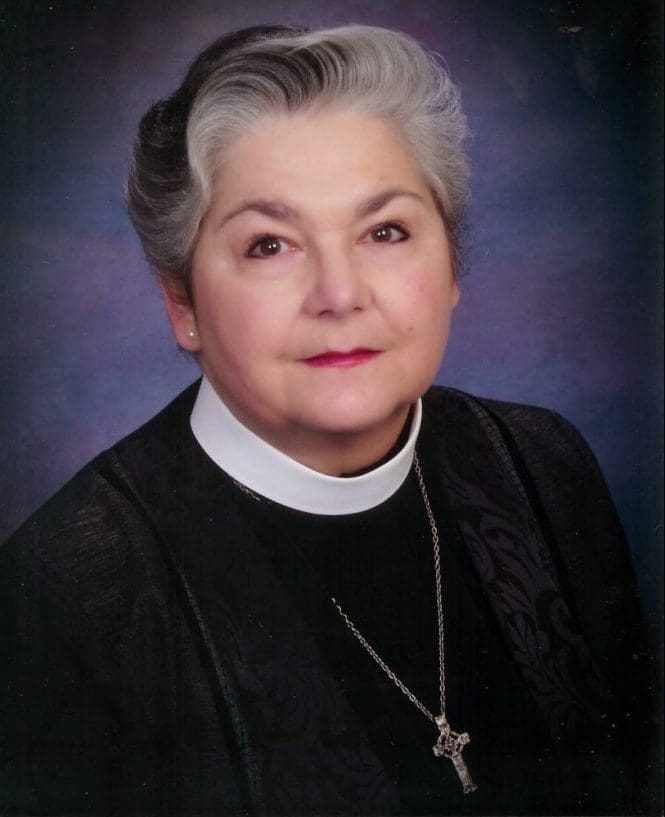Mary Thorpe, the former canon to the ordinary in the Diocese of Virginia and purported export on clergy transitions, has published a book, “On the Emmaus Road: A Guide to Transitions in Ordained Leadership.” Believe it or not, we bought and read the book. Our reactions are decidedly mixed and we encourage readers to proceed with caution.
On the positive side, the book is well written, positive, and insightful. Thorpe does an excellent job of making what otherwise could be an excruciatingly dry subject enjoyable reading. And she makes important reminders, like not starting a search without the diocese. Sounds pretty basic, but knowing the church and its members, there will be someone out there who will try it.
On the negative side, we’ve dealt with Thorpe first-hand. At one church, which lost its priest in a dismally handled Title IV case, Thorpe’s reaction when the search committee complained about not being able to find candidates was, “Well, you’re damaged goods.” That was neither helpful nor particularly Christian, and it conveniently omitted the fact that the damage was almost entirely caused by the diocese and its disastrous handling of clergy misconduct at the parish. (For the record, Title IV situations are some of the most fraught in the church, and require a profound emotional IQ and sensitivity to others. The diocesan response was closer to the annual running of the bulls in Spain.)
Similarly, at one point Thorpe tried to tell a Title IV complainant that he had to keep his complaint secret on the grounds that he had been “directed to do so.” Leaving aside the fact the complainant had left both the church and Christianity over the matter, Title IV applies only to clergy. And it is inherently abusive to insist that victims not tell their story. We are still shaking our heads in bisbelief and muttering obscenities.
In another situation, Thorpe assisted a church in transition by placing an interim who was about as bad as they come. Boring. Feckless. About the only good thing we can say about him is he didn’t burn the place down. Unfortunately, his tenure caused attendance and participation to crash, even as Thorpe and the diocese ignored the long history of over-the-top conflict in the parish. In other words, this was a parish that needed to spend time in therapy, asking questions like, “Why do we think it’s okay to bully people when we don’t get our way?”
Thus, for someone with her background, Thorpe can be amazingly clueless.
So where does that leave us? Thorpe’s book is worth reading, especially if your parish or diocese is in transition. But the book’s recommendations also need to be taken with a grain of salt. And if your diocese is sweeping conflict under the rug and hoping it will go away, or your parish is struggling in the discernment process, it’s time to ask questions. Blindly following Thorpe’s recommendations — or any other guidance — is not the road to Emmaus. It’s the road to trouble.
In other words, some of the most clueless people in the denomination are so-called leaders. And it’s your right as a member to challenge people, to ask tough questions, and to insist on health and wholeness in your parish.


Leave a Reply